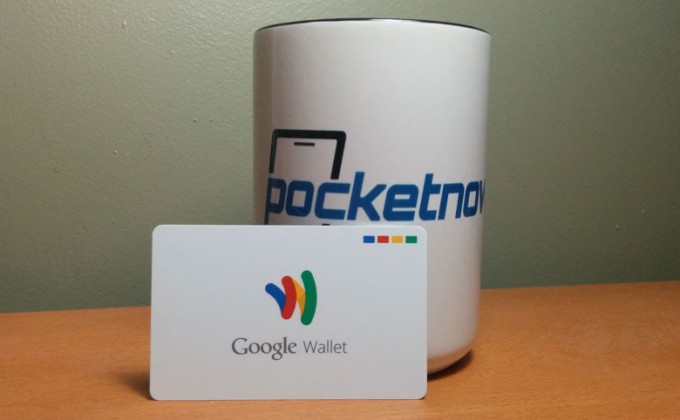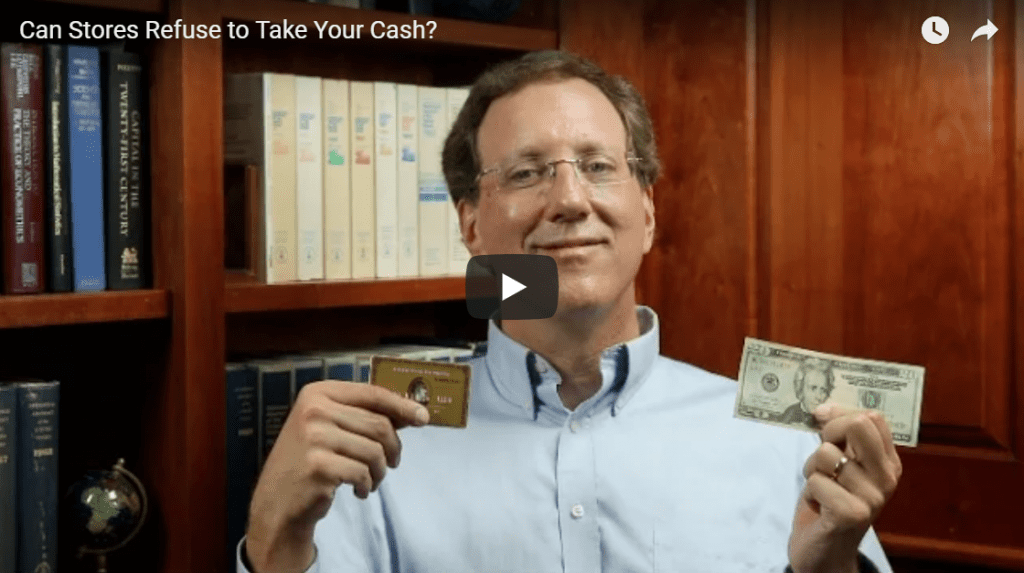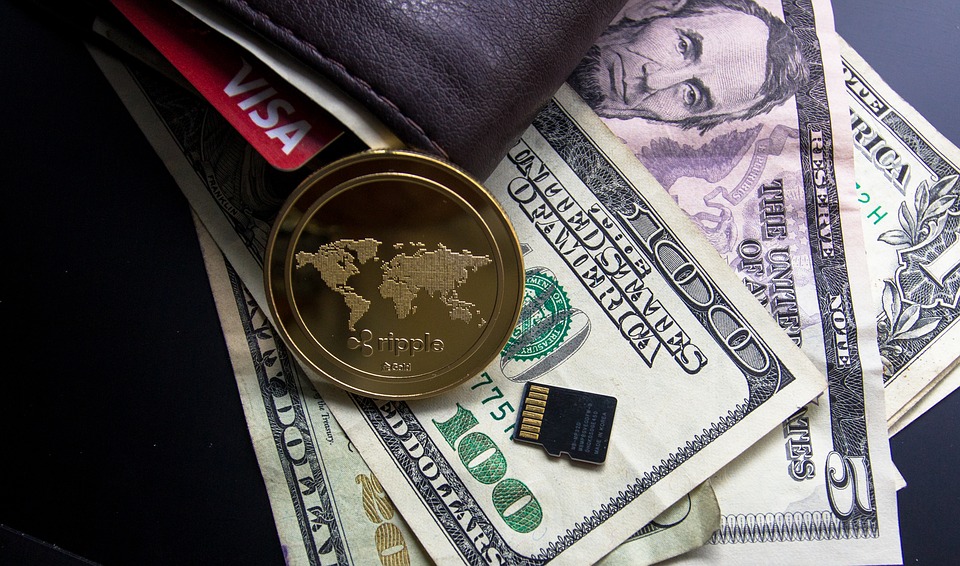Like any specialized industry, fintech is brimming with trendy buzzwords and obscure jargon that can make it difficult for the layperson to jump right in. KYC, blockchain, and regtech are just a few examples of the terminology bandied about by fintech insiders, but perhaps the one with the most cultural cachet is the mobile wallet. People in and out of the industry are talking about it, and huge corporations like Google and Apple are making them.

Understanding Risks with Mobile Payment Options
If you expect to be in on the secret, it’s time you learn what a mobile wallet is. Get the low-down on this popular corner of the fintech industry below.
What does it do?
A mobile wallet digitizes the old-fashioned billfold, essentially moving the cash, debit and credit cards, and loyalty rewards cards from the leather wallet in your back pocket to your mobile device in your hand. Moving all your financial info onto a phone is one of its biggest advantages. You don’t have to lug around a teeming wallet full of cards you rarely use. As long as you remember to bring your phone with you, you’ll have every rewards card and method of payment you’ll need wherever you go. It also makes it easier and faster to pay for things at a store. Mobile wallet transactions take less time to process than those made with cash or card.
How does it work?

Top Payment Options Successful Businesses Offer Their Customers
Near-Field Communication (NFC) chips make it all possible. NFC chips rely on radio waves to communicate information between two nearby devices that “speak” the same language. It shares this information in similar ways as other wireless signal sharing tech, including Bluetooth and WiFi. Check in with Android Authority’s technical guide to NFC for a more detailed explanation of NFC’s specs.
These chips provide the infrastructure for all contactless payment technology — the very same tech that makes it possible to tap and pay with credit and debit cards. Though relatively new in the US, many of the world’s developed countries have embraced NFC methods of payments wholeheartedly. Countries like Canada, Sweden, and the UK are leaders in contactless payments according to research conducted by Forex Bonuses. While the US is lagging in NFC-enabled cards, it is keeping pace with the rest of the world with mobile wallets.
The Rise of New Payment Methods: 3 of the Most Prominent
Using a mobile wallet is simple. Banks and retailers provide apps that customers can synch with their checking accounts. Consumers select the appropriate app when paying at participating stores, and the NFC chips will transmit the necessary info to complete the sale.
Most physical stores accept Apple Pay and Google Wallet now, or they’re working towards it. Online stores are also adapting their system to accept mobile wallet payments.
The mobile wallet lets you do more than just buy things
The Many Forms of Digital Payment (And When To Use Each)
The mobile wallet’s primary function is to facilitate digital payments, but a niche subsect of fintech companies are expanding the mobile wallet’s abilities to include other financial services, including traditional personal cash advances. Some companies offering payday loans online are expanding their platforms to include apps available at the Play and App Stores. These apps shift the borrowing experience away from stuffy meeting rooms or even desktop computers. Now, customers of companies like MoneyKey can apply for and service their cash loans from their phone. These apps make it convenient to apply, review their profile, and repay a personal loan online.
Sending money? Here are the best apps for that
Another subsect of the mobile wallet is the money management app. Mint is by far the most popular example with its over 20 million users. Other apps, like YNAB and EveryDollar, join Mint in creating a fast and convenient way to track expenses and manage finances.
While cryptocurrencies and fintech’s other uncommon terminology might not have an immediate influence on your real life, a mobile wallet will. As more stores adopt cash-free locations, the mobile wallet is key to participating in a cashless economy. Now that you know what it is, it’s time you start thinking about whether you want to add one to your mobile device.
